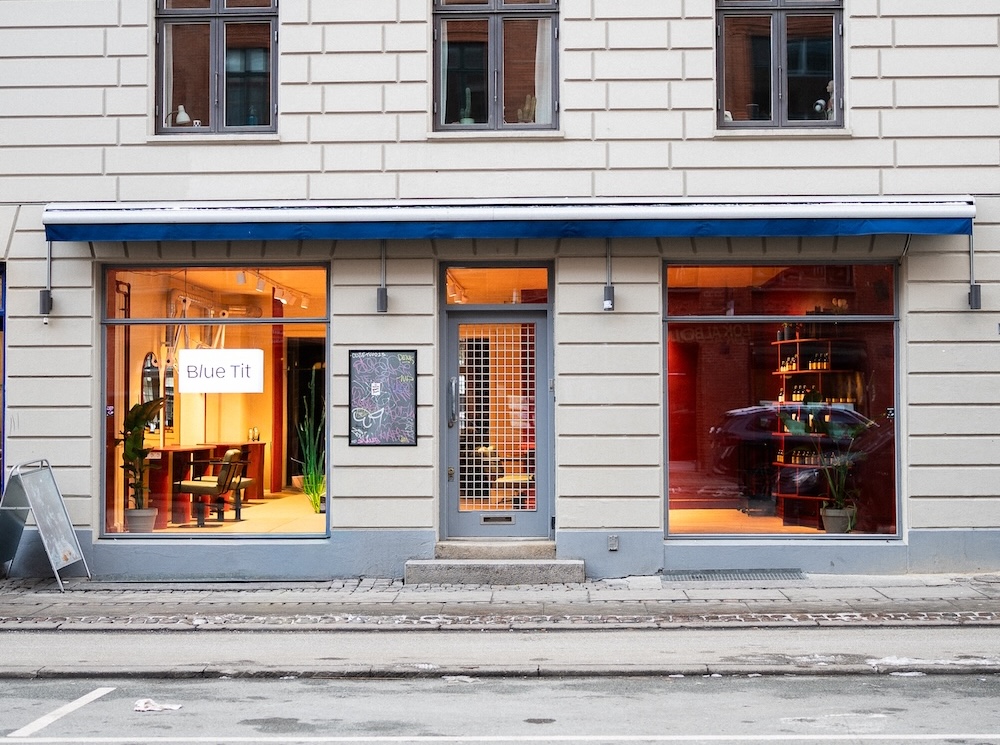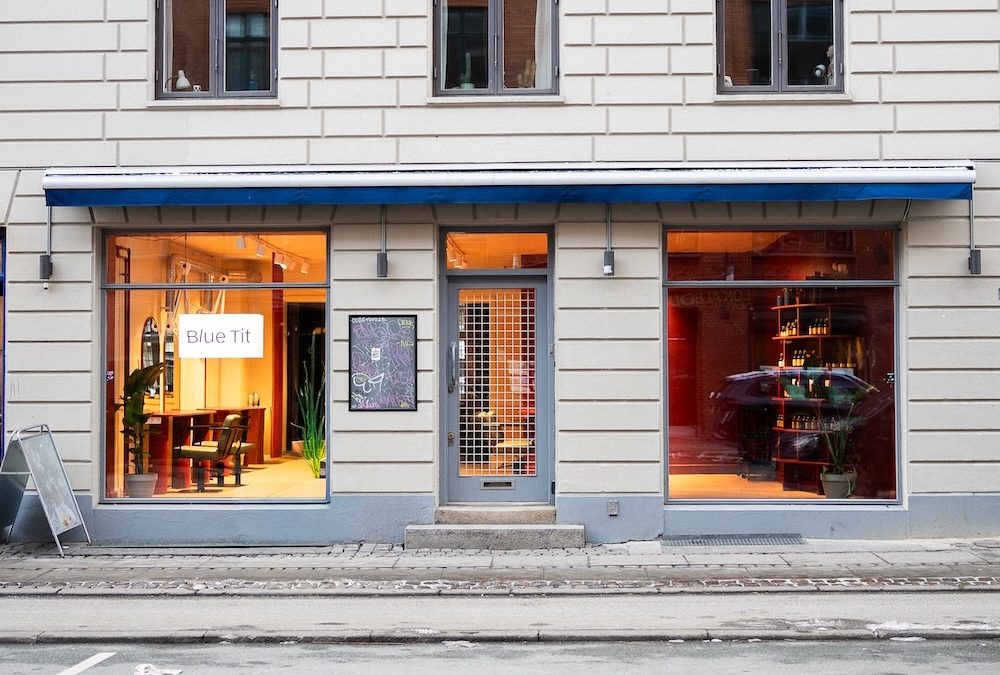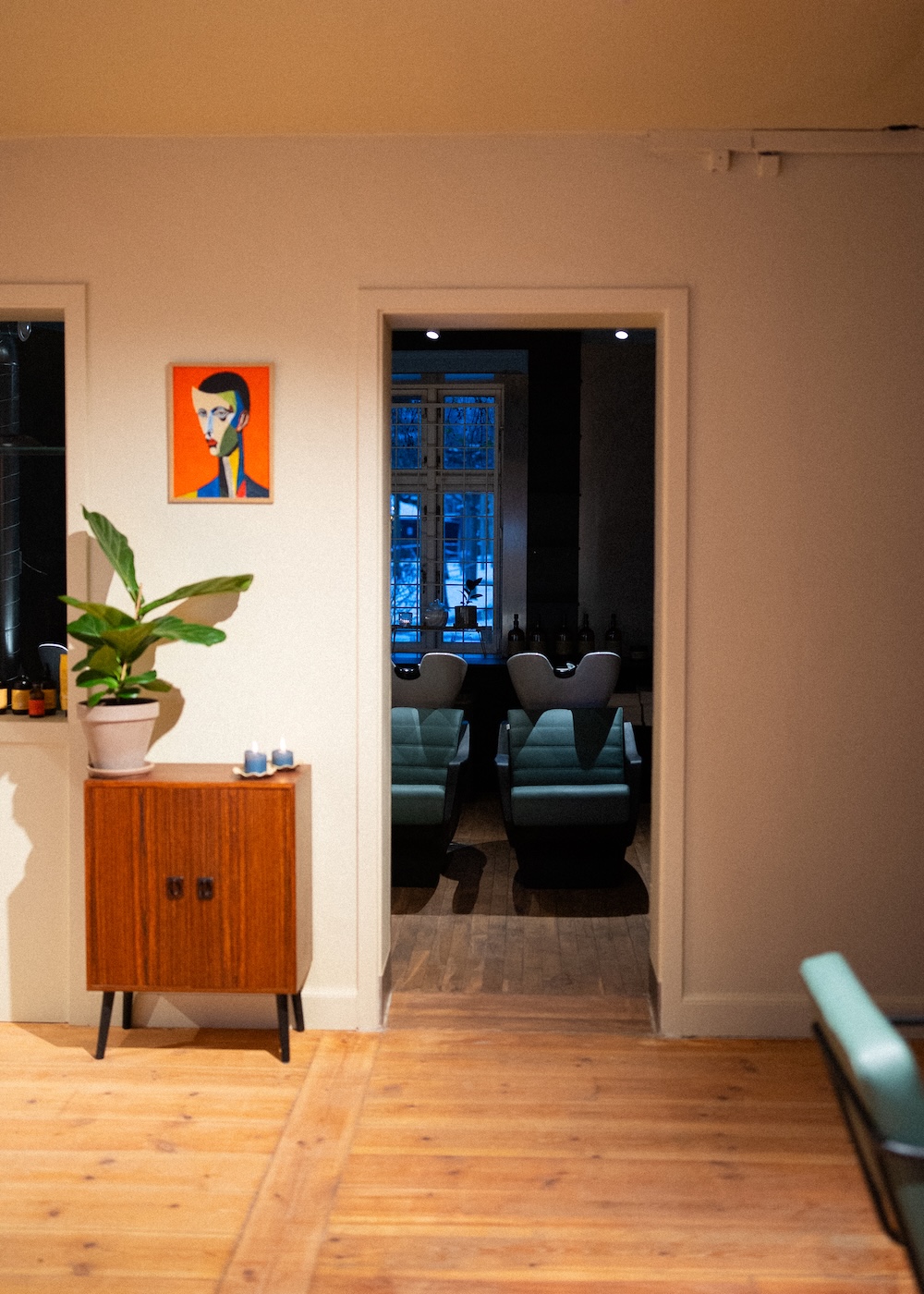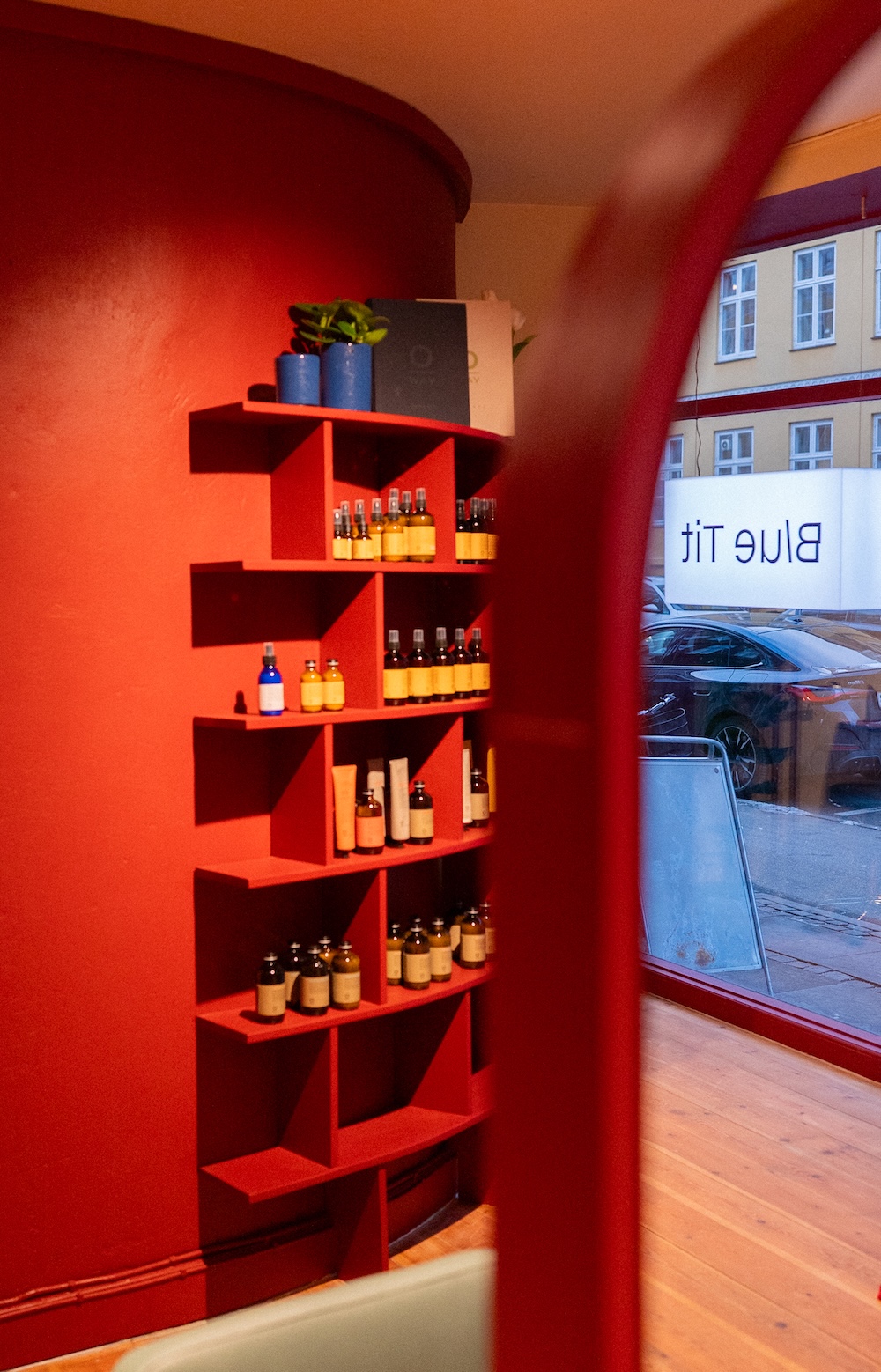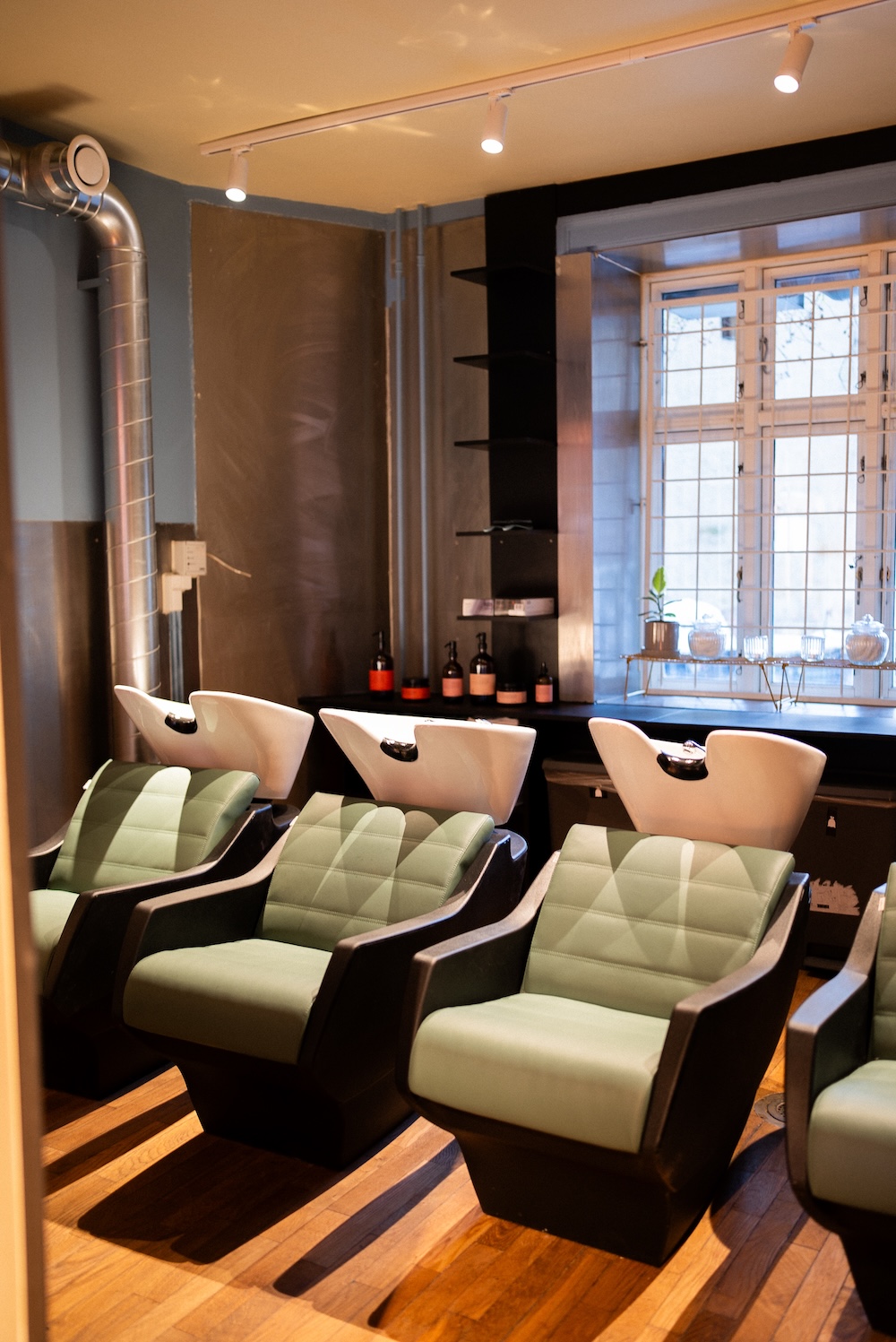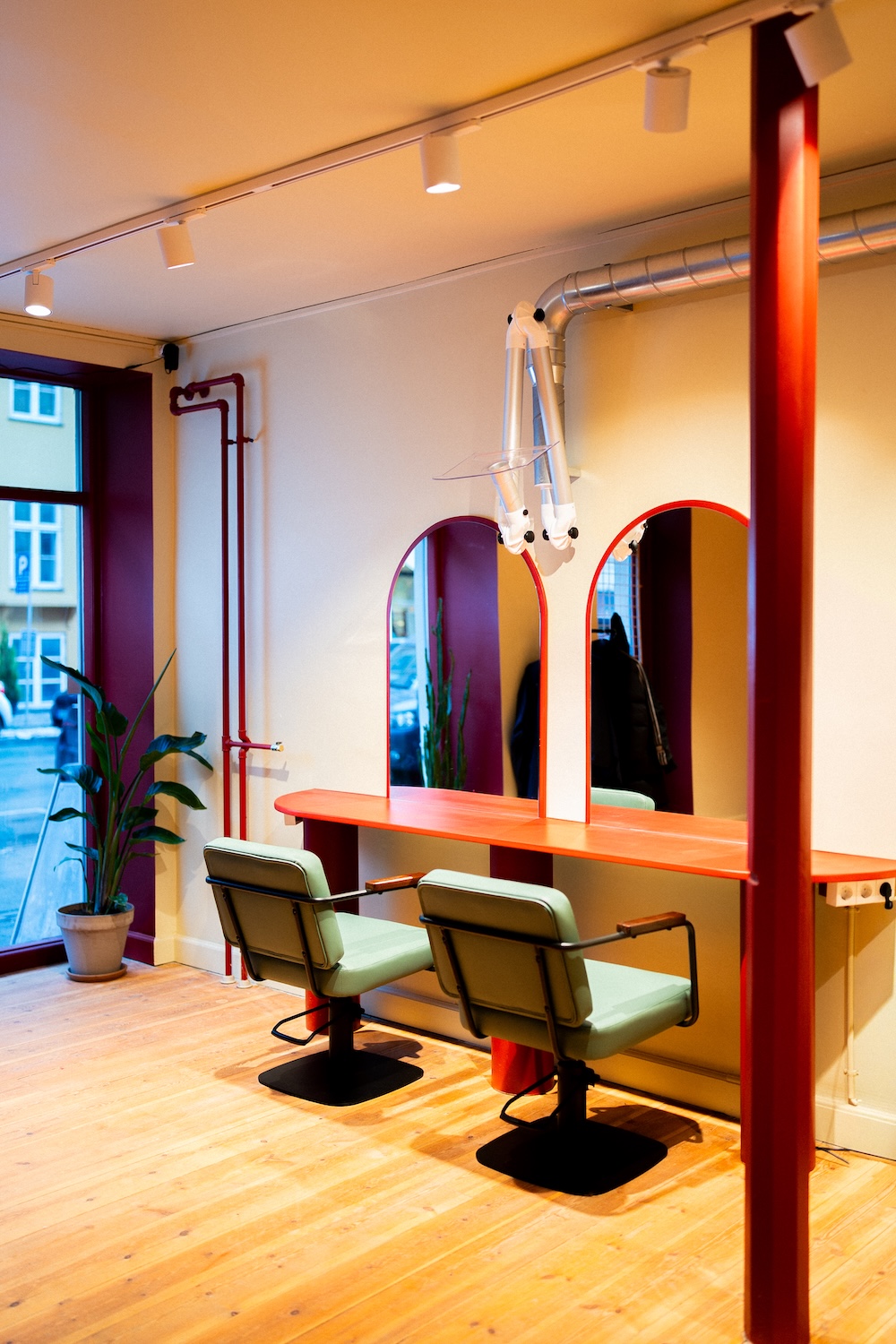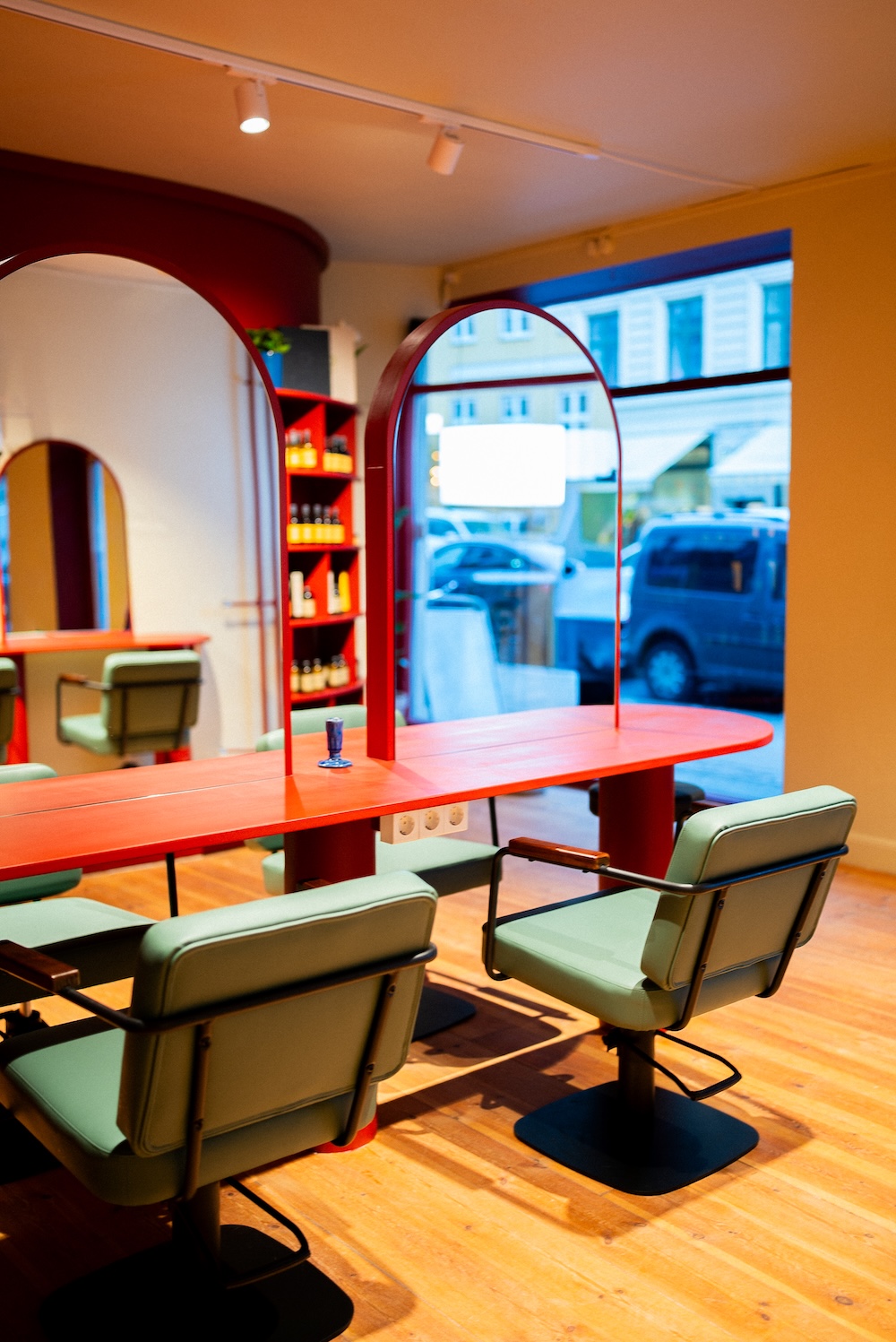If you’re a self-employed hairdresser, stylist or salon pro, it’s time to get your Self-Assessment in order. The deadline to file your tax return and pay any tax owed for the 2024 to 2025 tax year is 31 January 2026.
Whether you’ve been freelancing behind the chair, running a side hustle or selling products between 6 April 2024 and 5 April 2025, you might need to complete a Self-Assessment tax return. Here’s what you need to know, courtesy of HMRC’s Natalie Brown.
What is Self-Assessment?
Self-Assessment is how freelancers, self-employed contractors and sole traders pay tax on their income. Employed stylists have tax automatically deducted from their salary, but if you work for yourself or haven’t been taxed automatically, you need to declare your income and pay any tax you owe.
Do I Need to File a Tax Return?
If you’re not sure, HMRC’s ‘check if you need to send a tax return’ tool on GOV.UK can help. Answer a few simple questions, and it will confirm whether you need to complete a return.
How Do I Get Started?
If you’re new to Self-Assessment for the 2024 to 2025 tax year, you’ll first need to register. HMRC has short YouTube videos to guide you step by step. Once registered, you’ll get your Unique Taxpayer Reference (UTR), which is a 10-digit number that links to your tax record. Keep it handy in the HMRC app or your online account. Then gather your income, savings and other financial records, and use gov.uk or the HMRC app to complete your return securely.
Where Can I Go for Help?
If paying tax feels more intimidating than a full colour correction, you’re not alone. HMRC offers plenty of support to help you get it right:
- Videos and webinars – simple, step-by-step explainers, plus live sessions where you can ask questions.
- Digital tools – including the HMRC app, tax calculators for the self-employed and a digital assistant to help with quick questions.
- Guidance tailored to freelancers – whether you’re renting a chair, juggling salon work with a side hustle or earning extra income selling online.
Key Deadlines
31 January 2026 is the final day to file your tax return and pay any tax owed. If you’ve overpaid, HMRC will process your refund once your return is complete and you can track it in the app.
What to Include on Your Return.
You’ll need to include:
- All taxable income – from salon work, side hustles and other earnings.
- Expenses – tools, products, chair rent, courses and other business costs.
You’ll also need to include information on any contributions you’ve made to charity or pensions that may be eligible for tax relief.
Make sure you keep records such as bank statements, invoices, contracts and receipts for your income and outgoings.
Can Someone Else File for Me?
Yes. You can authorise an accountant, tax adviser, or trusted person to file on your behalf. But it’s still your responsibility to make sure the return is accurate and submitted on time. It’s also important to remember to never share your HMRC login details.
Paying Your Tax.
The deadline to pay any tax you owe is 31 January 2026. The quickest (and least painful) way is through the HMRC app
If paying in one go feels a bit much, don’t panic. HMRC offers options like payment plans, so you can spread the cost in instalments instead of paying everything at once.
Will I Need to Do This Again Next Year?
If you’re still freelancing or self-employed, chances are you’ll need to file again next year. If your circumstances change, let HMRC know so you can stop filing. And seriously… don’t ignore their letters! Even if you think you’ve got nothing to pay, it’s safer to check. Otherwise, you could end up with a penalty bigger than a botched bleach job!
One Last Thing…
If you’re self-employed, make sure you’re registered with HMRC. Whether you’ve been renting a chair for years or have just gone solo, it’s an important step to keep everything running smoothly.
To find out more information about registering as a sole trader and setting up a business partnership on gov.uk.
Self-Assessment might feel more like paperwork than balayage, but getting it right keeps your finances looking flawless – so you can spend less time stressing over forms and more time creating beautiful hair and happy clients.




